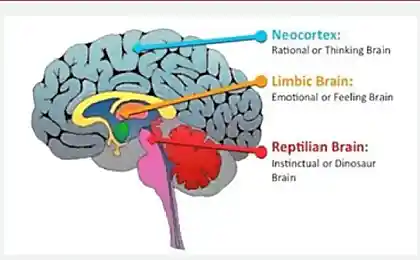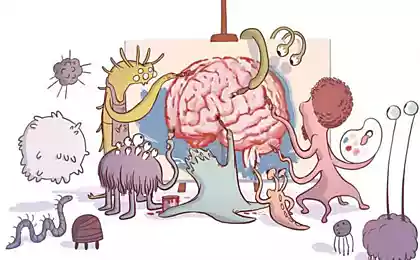321
How meditation changes the brain: scientific facts

Meditation is not just an ancient practice aimed at relaxation and self-awareness. Modern scientific research shows that regular meditation can significantly change the structure and function of the brain. In this article, we will look at how meditation affects the brain and what scientific evidence supports its benefits.
1. Neuroplasticity: The ability of the brain to change
One of the most amazing facts about the brain is its ability to adapt and change under the influence of external and internal factors. This process is called neuroplasticity. Studies show that regular meditation promotes an increase in gray matter in areas of the brain such as the hippocampus (responsible for learning and memory) and the prefrontal cortex (related to concentration and self-control).
2. Reducing stress levels
One of the most well-known effects of meditation on the brain is associated with reduced stress levels. Meditation affects the amygdala (the central part of the brain responsible for responding to threats and stress). A decrease in the activity of the amygdala leads to the fact that a person becomes less susceptible to stress, and also recovers faster after negative experiences.
3. Improved concentration
Practicing meditation also has a positive effect on the ability to concentrate. Studies show that people who meditate regularly have increased gray matter density in areas of the brain associated with concentration. This helps to improve focus on tasks and avoid distractions.
4. Developing Emotional Resilience
Meditation helps develop emotional resilience as it affects areas of the brain associated with self-regulation and emotion control. Regular meditation practice improves self-awareness and understanding of one’s own feelings, which promotes greater tolerance for stressful situations.
5. Increased awareness
Mindfulness is the ability to be fully immersed in the present moment without judgment or analysis. Meditation enhances awareness, as evidenced by changes in the prefrontal cortex of the brain. This process allows a person to deal more effectively with negative emotions and reduces the tendency to worry and overthink.
Conclusion
Scientific studies confirm that meditation has a significant effect on the brain, improving its structure and function. It promotes neuroplasticity, reduces stress levels, improves concentration, develops emotional resilience and increases awareness. If you want to improve your mental health and cognitive abilities, practicing meditation regularly can be a great tool.
The most amazing scientific discoveries of the last decade
5 Success Stories of People Who Started From Zero























